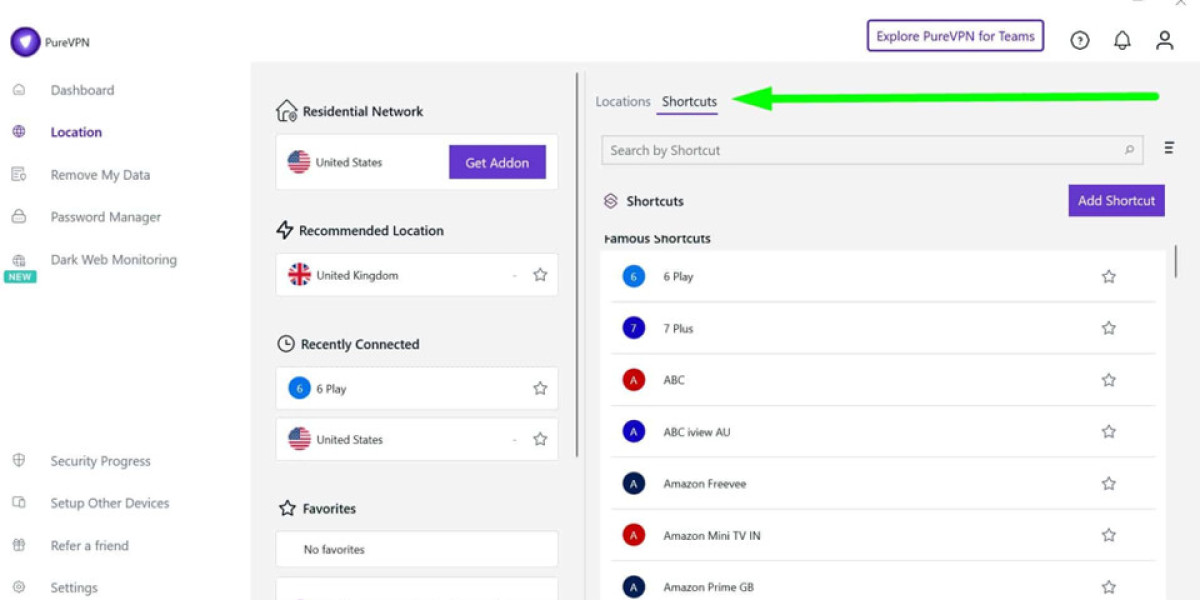Fenbendazole is a broad-spectrum anthelmintic (anti-parasitic) medication commonly used in veterinary medicine to treat a variety of intestinal and tissue-dwelling parasites. It belongs to the benzimidazole class of compounds and works by disrupting the parasite's cellular structure, particularly by interfering with the formation of microtubules essential for nutrient absorption and cellular function. As a result, parasites are starved and eventually die off. Fenbendazole is widely used for dogs, cats, livestock, and sometimes off-label in other species. Below is a detailed look at the common parasites treated by Fenbendazole. Buy Fenbendazole Online at top pharmacy Medzsupplier.
1. Roundworms
Roundworms, particularly Toxocara canis in dogs and Toxocara cati in cats, are among the most frequent intestinal parasites treated with Fenbendazole. These worms live in the small intestines and can cause vomiting, diarrhea, bloating, and weight loss. In puppies and kittens, they can also stunt growth and cause serious complications if left untreated. Fenbendazole effectively eliminates both adult worms and migrating larvae.
2. Hookworms
Hookworms such as Ancylostoma caninum and Uncinaria stenocephala are blood-feeding parasites that attach to the intestinal wall. They can lead to severe anemia, bloody stool, and weakness, especially in young animals. Fenbendazole disrupts their feeding and reproduction, leading to their elimination from the gastrointestinal tract.
3. Whipworms
Fenbendazole 444Mg Tablet is particularly effective against Trichuris vulpis, the whipworm commonly found in dogs. Whipworms live in the large intestine and can cause chronic diarrhea, bloody stools, and weight loss. Due to their resilient life cycle, repeated doses of Fenbendazole are often necessary to ensure complete removal.
4. Tapeworms
Although not as broad in activity against all tapeworms, Fenbendazole is effective against certain species such as Taenia pisiformis in dogs. Tapeworms are flat, segmented parasites that live in the small intestine. Infected animals may show few symptoms, but segments of the worm can often be seen in the feces or around the anus. For more comprehensive tapeworm treatment (e.g., Dipylidium caninum), other medications like praziquantel are often preferred.
5. Giardia
Giardia is a protozoan parasite that infects the small intestine, causing giardiasis. Symptoms include soft stools, diarrhea, and sometimes vomiting. Fenbendazole is one of the few anthelmintics that shows efficacy against Giardia, especially in dogs. A 3- to 5-day treatment is usually required for effective elimination.
6. Lungworms
Certain lungworms, such as Oslerus osleri and Filaroides hirthi in dogs, and Dictyocaulus viviparus in cattle, can also be treated with Fenbendazole. Lungworms inhabit the lungs or respiratory tract and may lead to coughing, labored breathing, and other respiratory symptoms. Fenbendazole helps by killing both larvae and adult worms.
7. Strongyles
In horses, Fenbendazole is widely used to treat large and small strongyles—parasitic worms that affect the colon and cecum. These parasites can cause colic, weight loss, and poor performance. Deworming schedules often include Fenbendazole, particularly for foals and young horses due to its safety.
8. Pinworms
In horses, Oxyuris equi causes tail rubbing and discomfort. Fenbendazole is one of the anthelmintics used to treat this condition. The medication helps to clear adult worms from the colon and reduce egg shedding in feces.
9. Ascaris suum
In pigs, Fenbendazole is used to treat Ascaris suum, a large intestinal roundworm that causes respiratory issues and reduced feed efficiency. Effective deworming with Fenbendazole improves growth and productivity in piglets and adult swine.
10. Capillaria spp.
Fenbendazole also treats Capillaria species, which can infect various parts of the body including the bladder, respiratory system, and gastrointestinal tract in dogs and cats. Though less common, these parasites can cause serious health issues and require targeted treatment.
Dosage and Safety
Fenbendazole is usually administered orally in the form of tablets, granules, or suspension. It is considered safe for most species, including pregnant animals, when given at recommended dosages. However, accurate dosing based on body weight is essential to avoid under-treatment or side effects. Treatment durations may vary depending on the parasite and severity of infection.
Conclusion
Fenbendazole is a versatile and effective antiparasitic medication used to combat a wide range of intestinal and some extra-intestinal parasites. From roundworms and hookworms to Giardia and lungworms, it offers broad coverage and has become a staple in both veterinary and farm animal care. Regular deworming with Fenbendazole, combined with proper hygiene and preventive practices, helps maintain the health of pets and livestock, reducing the risk of parasite-related illnesses and improving overall well-being.






